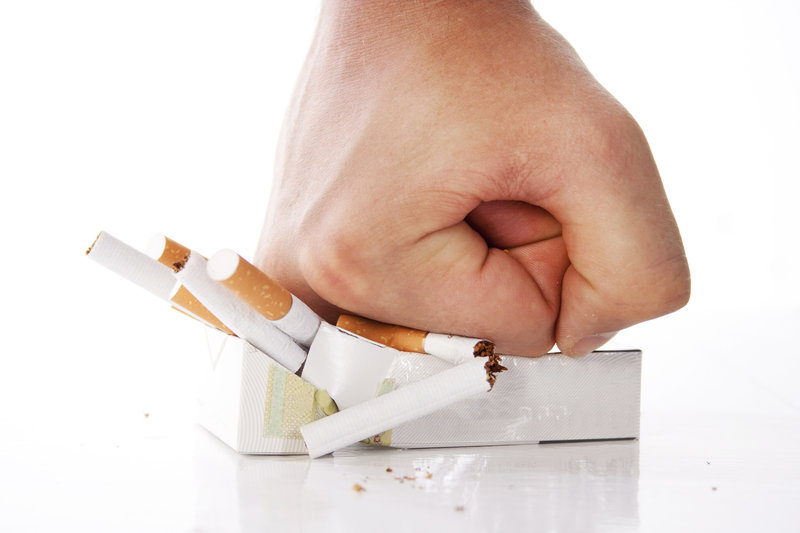-
0800 612 0011
free from landlines
-
0330 660 1166
free from most mobiles
Published at 22 July, 2021 09:00.

If you are happy to have started your quit attempt but hadn`t really thought about how it may affect you physically and emotionally, this can often come as a surprise as you start to experience withdrawal symptoms. Symptoms often seem worse if we do not understand them or know how to handle them. Let us take 5 minutes with a coffee and talk it through and this may help you get a better understanding of any symptoms you may have and help you be more prepared and in control of your quit attempt as you go along the next few weeks.
If you accept that withdrawal from nicotine is normal and usual, then this is a good place to start. Remind yourself that symptoms will not last, they are temporary and there are things you can do to help you cope. This will make things easier when starting and maintaining your quit attempt. Some symptoms last a few days and others a bit longer. If you are positive and think of your symptoms as your body healing itself from the damage done by smoking, then withdrawal is easier to accept.
Your brain is missing the nicotine hit and you are missing something to physically do with your hands and mouth and this may be more noticeable at certain times of the day when you would normally smoke. It is understandable to experience cravings because nicotine is highly addictive. Cravings are more obvious and more frequent in the first few days. Keep hydrated and have a water bottle to hand. This will help with the hand to mouth action too. Distract yourself, go for a walk and keep busy and soon the urge to smoke has been forgotten and passed.
For a few days you may notice a cough, or your chest is feeling tight. This is normal as the body is getting rid of mucus and you are a little sore from coughing. Keep your throat and chest lubricated. Maybe try a little honey to soothe.
You may feel a bit low in mood or just have a feeling that you are missing something. Give yourself a reward to acknowledge that you have got through the first few day and to recognise that it has been manageable. A smiley sticker on each day of the calendar that you are smoke free is often all it takes.
The great news is that even 1-2 days of being smoke free can bring about changes for the better in your body. Your body is now getting more oxygen. This can sometimes make you feel dizzy or light headed. Remember that it is normal but take care if this happens and take precautions.
Are you feeling hungrier and if so, more often? Cravings for a cigarette can be mistaken for hunger and desires for food. Having healthy snacks to hand for a few weeks can help, as can mints or chewing gum to combat the need for something in the mouth.
If your bowel habits have changed and you are finding for a few weeks that you are constipated or have bloating and gas then add a bit more fibre to your diet and keep your fluid intake up. You may have noticed that drinking water can help with a lot of your withdrawal symptoms.
If you are feeling irritable this can last around 2-4 weeks so it`s a good idea to tell people close to you that this can happen, and they will be more understanding. Try walking it off, have some space and time to yourself where you can do some breathing exercises or take a relaxing herbal bath. Some people find the opposite is helpful and do a workout at the gym. Find what helps you the best.
If you are feeling tired, then your body is missing the nicotine which is a stimulant. You may need an extra nap, keep hydrated and if you need to stay awake because you are working then take 5 minutes away from your desk and people and go for a walk. Come back refreshed and ready to concentrate. Keep a bottle of water on your desk in easy reach.
Using Nicotine Replacement products can help with easing your withdrawal symptoms too. Remember that most symptoms will pass within a few days and then the rest, in the next few weeks and will keep lessening as you go along with your quit attempt. There are many strategies you can use to tackle and manage these symptoms as we have discussed, leaving you ready and more confident to be able to handle any withdrawal symptoms as you go forward with the rest of your quit journey.